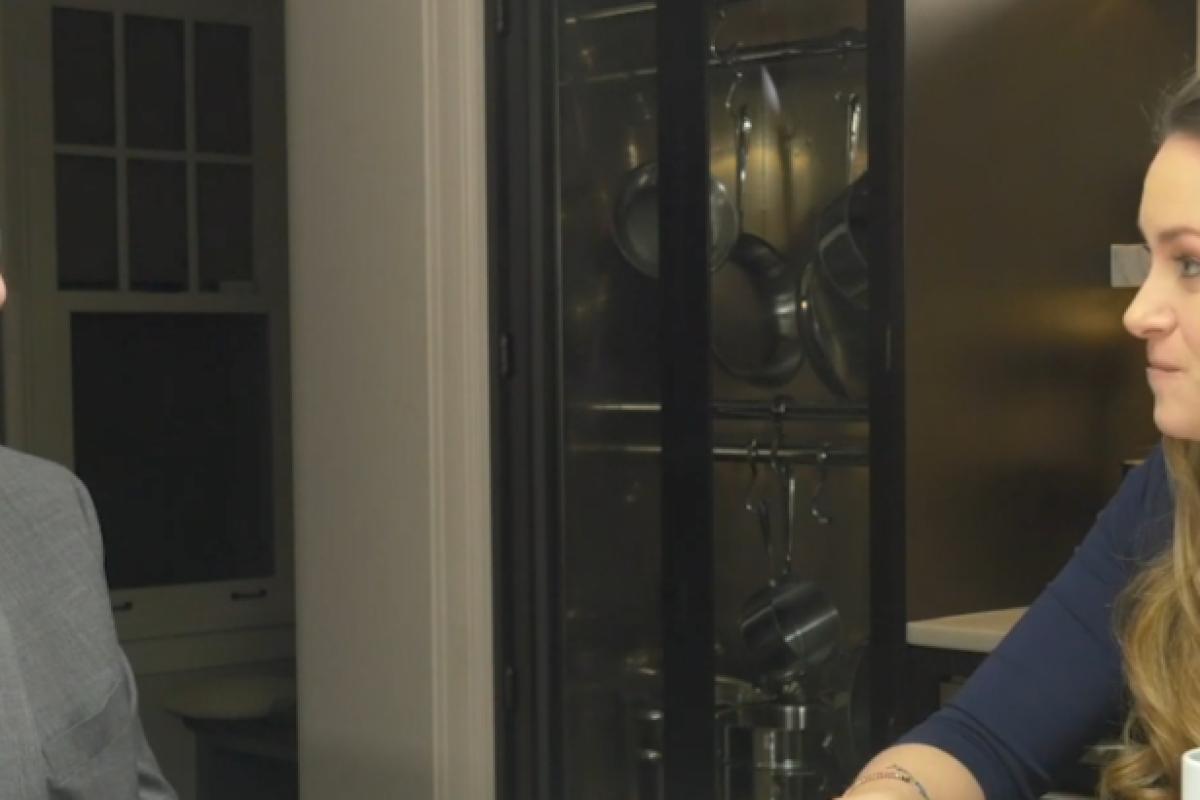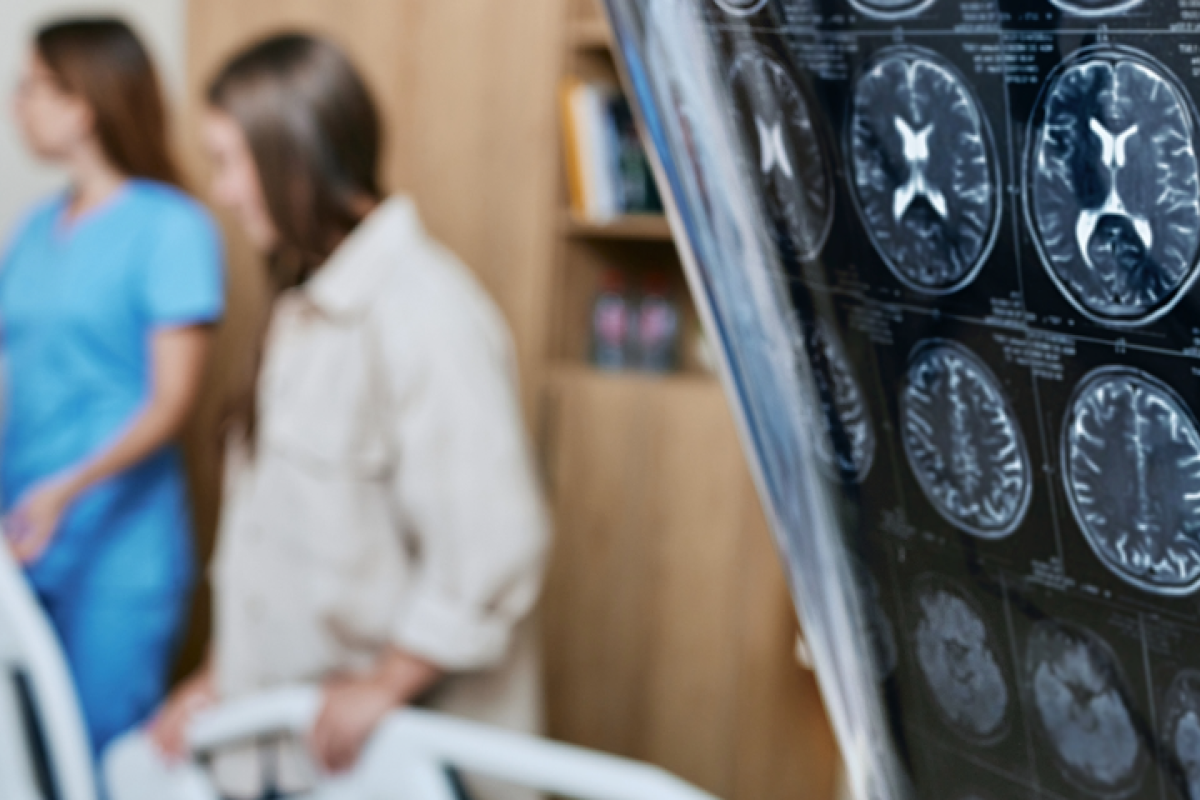Not Finding What You're Looking For?

Dr. Jordan Grafman Co-Authors Study on Link Between Brain Lesions and Addiction
Jordan Grafman, PhD, director, Brain Injury Research, and chief, Cognitive Neuroscience Laboratory, identified links between addiction to smoking and alcohol and locations of lesions in the brains of patients recovering from strokes or traumatic brain injuries.
In the News

Dr. Grafman Featured Guest on Epilepsy Podcast and Videocast
Jordan Grafman, PhD discussed research and treatment of post-traumatic epilepsy after traumatic brain injury in military veterans on Seizing Life Podcast.
Blog

Leora R. Cherney, PhD, CCC-SLP, BC-ANCDS
Scientific Chair, Think + Speak Lab
Director - Center for Aphasia Research and Treatment
Professor, Physical Medicine & Rehabilitation, and Communication Sciences & Disorders
Coleman Foundation Chair

Home- and Community-Based Services Succeed in Reducing Institutionalization But Vary Greatly from State to State
Read how home- and community-based services succeed in reducing institutionalization but vary greatly from state to state.
In the News

COMPLETE: Assessment and Monitoring of Neuromotor Function through Advanced Dynamic Pose Estimation
We plan to use videos of people with Parkinson's disease (PD) doing different things to develop sophisticated computer programs that can detect specific movement patterns that are only seen in people with PD.
Research Project

Nick McCombs: Finding His Passion in Psychology and Research
Nick McCombs finds his passion in psychology and research and discovers there isn’t a time limit on doing what you want to do in your life.
In the News
Episode 02: Working Through Parkinson's Disease
On our second episode, we talk about a really tricky subject: what is it like to go to work with Parkinson's disease? What are the unique challenges people with PD face when it comes to employment, thinking about asking for an accommodation, or even disclosing their health condition at work?
In the News

Development of motor cortical interfaces for the control of reaching, grasping and locomotion
Using this neuroprosthesis to overcome the effects of a reversible nerve block that paralyzed muscles of the hand and wrist, monkeys were able to perform functional tasks, such as grasping a ball, almost as successfully as they did before paralysis.
Research Project
Emily Safier, PT, DPT
Physical Therapist

What if you couldn’t recognize whether someone was happy or sad?
Dr. Ashaie and his team are using eye-tracking technology to study how stroke survivors identify emotions in words, faces and gestures.
Blog
Sarah Kopfman, PT, DPT
Physical Therapist



